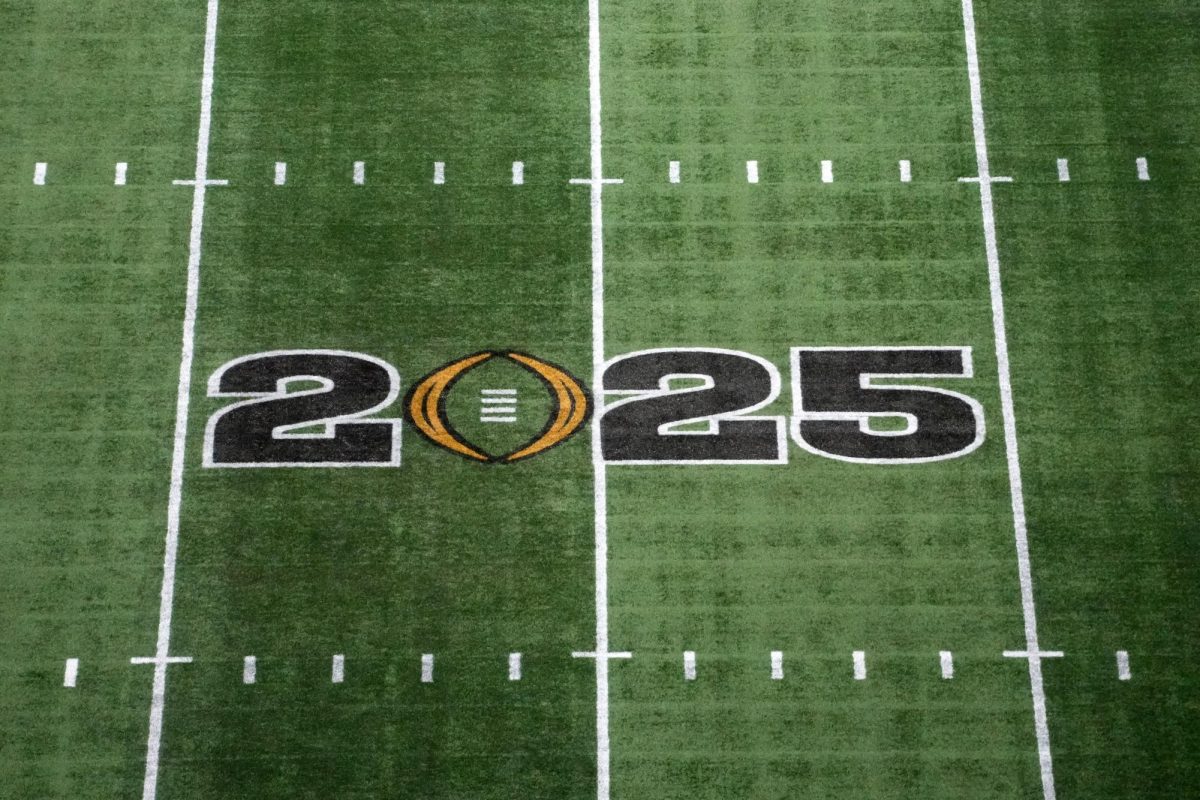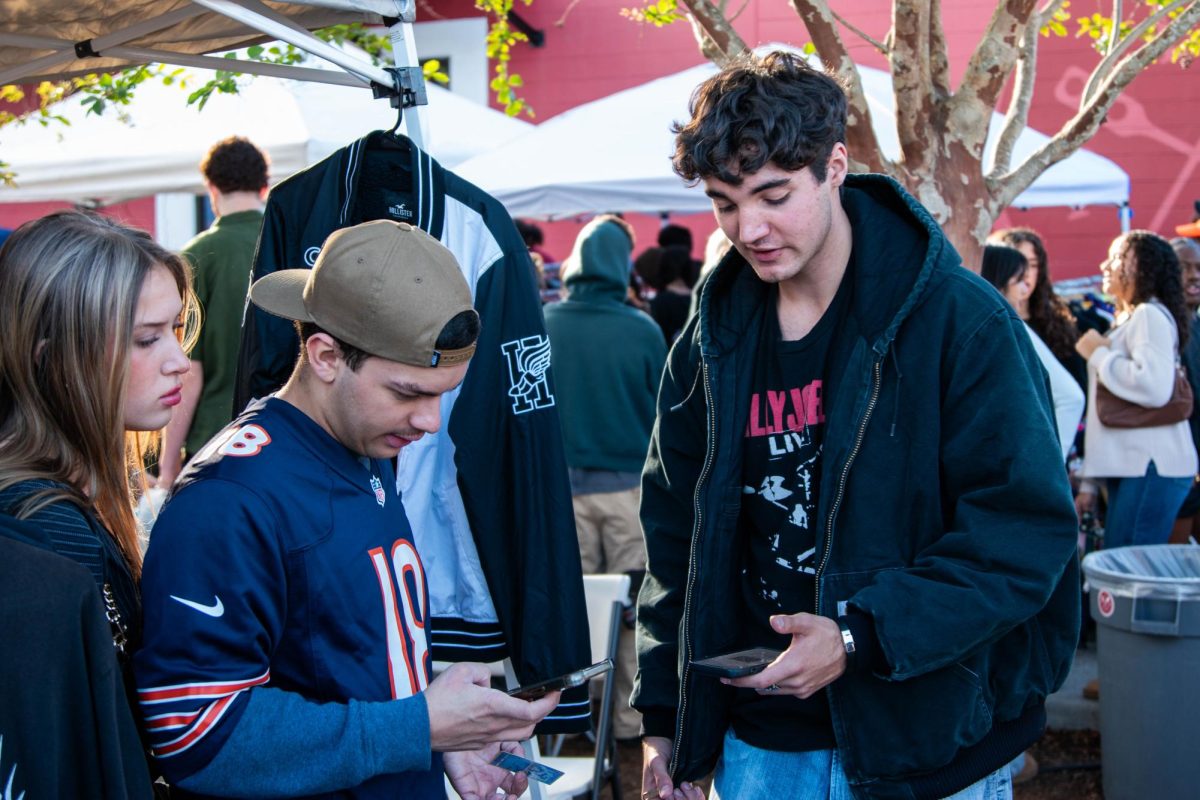You send a text to your friend. It has been delivered, but there is no reply. Your anxiety builds up as your lock screen remains empty. After five minutes of waiting for your reply to “Hello,” you come to the only possible conclusion: they are dead.
Humans want everything, and they want it now. As much as Generation Y has tried to impose its will over the fast paced Millennials, they missed a very important lesson of patience. This is called instant gratification.
One of the greatest luxuries in today’s society is online shopping. Everything can be yours in 5-7 business days at the click of your mouse. Amazon upped its game in 2005 by launching its two-day delivery service Amazon Prime. Many people have come to rely on this instant gratification in times where they forgot to buy something or were simply too lazy. This has been since improved when the company announced it would begin a test trial in Florida, lucky us, for same-day delivery. This is the epitome of instant gratification. One will be able to order anything they want and it will almost instantly appear at your doorstep.
While this need for instant pleasure and fulfillment has existed since the beginning of time, a Pew Research Study shows that instant gratification is a negative effect of our 21st century hyperconnected lifestyle. Due to the interconnectedness of the world, people assume they will receive whatever they want, although it may be unrealistic, immediately.
With the implementation of the new learning management system Canvas, Trinity students witnessed a shift towards instant gratification. Instead of receiving grade reports every two weeks and in class at your teachers’ will, students and parents can access grades all the time. This sense of urgency has prompted students to feel entitled about the efficiency of grading. Students’s expectations have been raised to the point where students think their assignments will be graded immediately.
Instant gratification is not only an effect of our connected lifestyle, it has become a cause of a generation of lazy people. People no longer have the drive to work for something when an easier option of calling someone to complete the task or ordering something online is available. Why would you go out for pizza when it can be delivered to your house? Why would you go to the movie theater when you can stream a show on Netflix? This simple concept of instant gratification has turned us into lazy monsters.


















